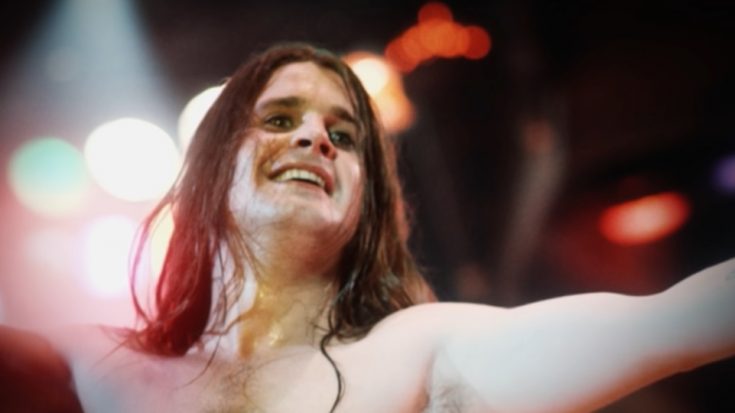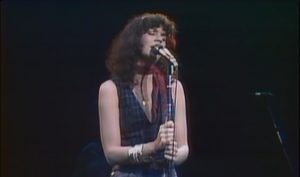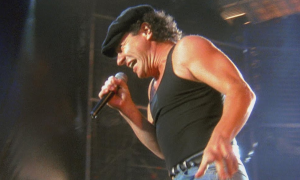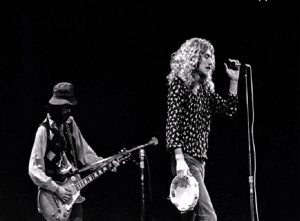Ozzy Osbourne Reveals His Favorite and Greatest Decade

Ozzy on the "Ordinary Man" music video - Ozzy Osbourne / Youtube
Few artists have spanned as many eras as Ozzy Osbourne. From the heavy metal chaos of Black Sabbath in the ’70s to his own solo stardom in the ’80s, Ozzy has lived through multiple cultural shifts. But if you ask the Prince of Darkness to name his favorite decade, he doesn’t even hesitate—he says the 1980s were the best.
In a recent episode of The Osbournes Podcast, Ozzy and his family dove into a discussion about generational differences. While the topic centered around the contrast between Boomers and Gen Z, it eventually turned personal when daughter Kelly Osbourne asked her parents to pick their favorite decade. Ozzy’s answer was immediate and firm.
The decade of excess, glam, and groundbreaking music holds a special place in Ozzy’s heart. It wasn’t just about the sound or the style—it was a time of personal freedom, creative expansion, and family memories. For Ozzy, the ’80s weren’t just fun; they were foundational.
View this post on Instagram
Branching Out & The Power of the ’80s
When Ozzy named the ’80s as his favorite decade, it wasn’t just nostalgia talking. That period marked a major transition in his career—stepping out from under the massive shadow of Black Sabbath and carving his own identity as a solo artist. It was a time of risk-taking and reinvention, and for Ozzy, that leap of faith paid off.
He recalled the era as one full of energy, joy, and exploration. “The ’80s is when I branched out on my own. I had so much fun with me and mum,” Ozzy said, referring to his wife Sharon. With albums like Blizzard of Ozz and Diary of a Madman, he built a new legacy filled with hits, controversy, and a larger-than-life persona that cemented him as a rock icon beyond Sabbath.
Although Sharon preferred the rapid cultural changes of the ’70s, Ozzy leaned into the wild creativity and personal milestones of the ’80s. For him, it was a golden era where music, family, and freedom collided. That period wasn’t just successful—it was personal.
View this post on Instagram
How the ’90s Felt Different
Despite his fondness for the ’80s, Ozzy didn’t dismiss the decades that followed. However, he described a distinct shift as the ’90s arrived. According to him, it felt like someone “turned the ’80s off” and flipped a switch—ushering in a new era that carried a completely different energy.
Ozzy noted that the ’90s passed by quickly, almost as if time had been compressed. The decade may have brought new opportunities, but it lacked the sense of discovery and fun that defined the years prior. That contrast made his affection for the ’80s even more pronounced. “It’s like someone turned the lights out,” he recalled.
Sharon chimed in with a broader perspective, reminding listeners that every decade comes with highs and lows. And while they both recognized the positives of later years, it was clear the earlier chapters—especially the ones filled with firsts—left the biggest impression on Ozzy.
View this post on Instagram
Generation Gaps and Changing Values
The podcast episode also veered into the topic of generational differences, particularly between Baby Boomers and Gen Z. Sharon and Ozzy both commented on how drastically parenting and childhood have evolved. Sharon recalled how discipline was swift and respect for elders was non-negotiable, painting a stark contrast with today’s more lenient norms.
Ozzy added that children back then had clearer boundaries and social roles. He reflected on lessons in politeness and respect, like giving up his seat on the bus for elderly women or getting scolded for jumping ahead of someone in line. These weren’t just moments—they were character-building experiences that left a mark on his values.
Both he and Sharon sympathized with the challenges kids face today, especially with the pressures of social media and the overwhelming flow of information. At the same time, they expressed concern that many young people now grow up without the same moral grounding or sense of respect. For Ozzy, the contrast between generations is as sharp as the divide between decades.












